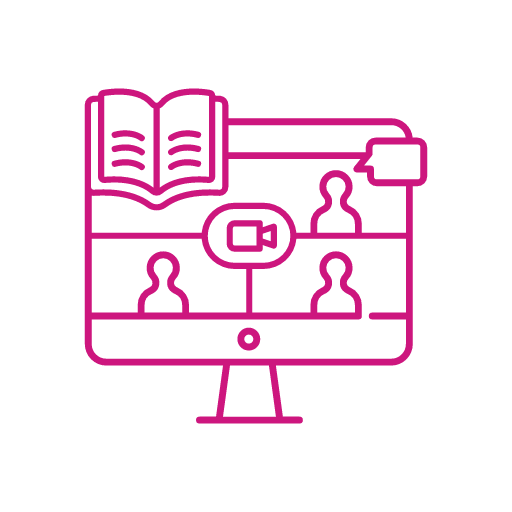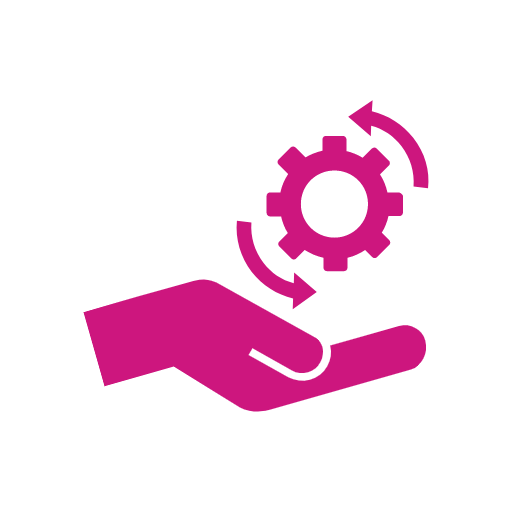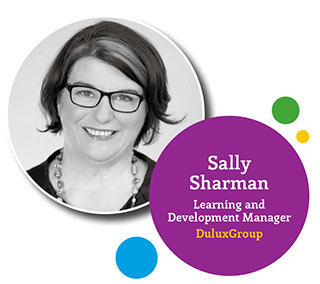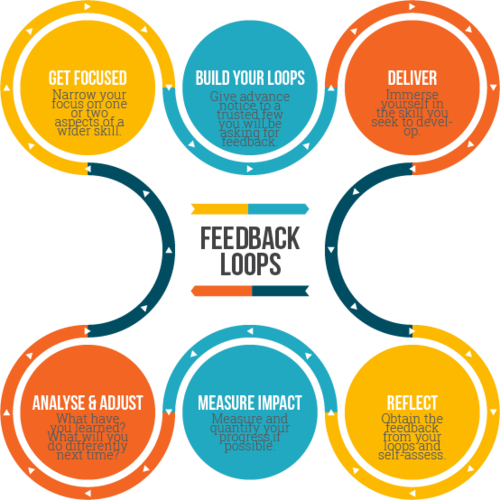That URL is not an article or blogpost. Redirecting to the homepage.
Fastlead leadership development
The more effective way to develop frontline leaders, middle managers and sales leaders

The Fastlead coaching process challenges every participant to create a personal growth plan
Making theory practical: the benefits of episodic learning
Participants mix coaching, learning from frontline leader peers, with concise, challenging pre- and post- work exercises that embed their learning.
Between coaching sessions, they try out the new techniques they’ve learned in their day-to-day work.


Learn, embed, apply: the personal growth plan
Every Fastlead participant creates a Personal Growth Plan in collaboration with their manager and coach. Through the program, it’s continually updated with real-life actions the participant will take to take to embed their learning.
Concise learning for busy leaders
Pre- and post-work is always concise, achiveable exercises that embed learning. For instance, pre-work may ask the participant to spend a maximum of 20 minutes reflecting on how they personally delegate, or manage upward - then to add ideas for improvement to their action plan.


We ask managers to get and stay involved
Fastlead features regular three-way check ins and debriefs for the manager, coach, and participant.
There’s two benefits: participants don’t forget what their manager asked them to achieve - and managers are reminded to offer the participant lots of opportunity to embed new skills.
Quickly, efficiently organised - with no extra work for you.
Don’t worry, our program management team and automated systems do all the logistics work of keeping sessions and pre/post work in sync.
Our client portal keeps you updated about the learning progress of your small groups, and their participants and action plans.

.png)
"Thank you for investing in us".
Fastlead is often the first intensive coaching a frontline leader has had. So they’re flattered, inspired and challenged.
Their confidence and decision making benefit enormously from honest discussion with peers of their fears and expectations.

17 Fastlead modules help build new behaviours and better leadership
Decision Making
Inclusive Leadership
Wellbeing at Work
My Leadership Brand
Coaching and Developing Others
Delegation
Effective Communication
Emotional Intelligence
Engaging and Motivating Others
Having Courageous Conversations
Influencing Without Authority
Leading Through Change
Managing Up
Self Awareness
Setting Performance Expectations
Setting Priorities
Team Purpose
Read more about our successful HR team clients
Case study
UnitingCare QLD: ensuring quality, consistent leadership across 26,000 staff and volunteers


Case study
Fastlead at Dulux Group - Flexible, local, on topic and personal.
Case study
Inchcape: driving highly effective layered learning for frontline leaders





.png)

.png)

.png)

.png)

.png)



.png)











